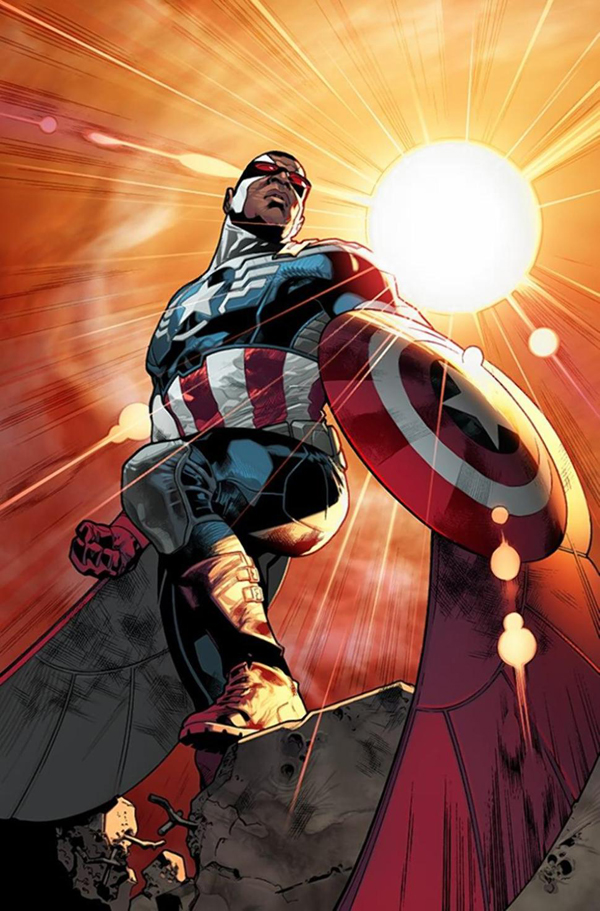American Pop
When I was a boy, being called a nerd was a pejorative. It meant that one was weak, socially awkward, and destined to be ruled by their alpha peers. To be a nerd was to be subservient and left to one's pointless interests in comic books, computers, and board games down in the basement or the garage - out of sight and out of mind. It turns out that what the nerds were doing in those secluded spaces was fermenting a cultural revolution that we find ourselves in the midst of. The great cultural war between the nerd and the jock is over; the nerds won. Perhaps the most obvious evidence of this cultural revolution is the shift in popular vernacular regarding nerds. At some point, the term "nerd" ceased to be pejorative and it ceased to be a noun. It became a modifier.
As there is no agreed upon definition of a nerd, I have taken the liberty of defining the term myself: a nerd is a person to whom an intellectual product holds a transcending significance. Keeping this in mind, nerd is used to describe a level of affection towards something. There are gamer-nerds, comic-nerds, music-nerds, technology-nerds, history-nerds, and even sports-nerds; think about that- the jocks have taken to calling themselves sports nerds. Nerds are more than fans. The things they love are a part of who they are. It is in this sense that Comic Cons - like the most recent one in New Orleans, but in general - are less conventions and more celebrations.
Why has nerd culture become so ubiquitous? In a technological sense, the war was over once home gaming became a stable and profitable market, the personal computer became a permanent fixture in American homes, and the internet became common place. Some have asserted that the internet allowed nerd culture to spread easily, which I agree with, but I would like to add to this history with an assertion of my own.
We are all nerds because, as a species, we are drawn to stories.

The ascendency of nerd culture has not been without tension and outright conflict. As nerd culture has largely shed it's niche status, it has entered the pop culture landscape in major way and that comes with a price. Nerd culture has been and will continue to be subject critical examination and interrogation. Controversies ranging from a black Capitan America, to depictions of women in video games, the role of women in nerd culture, LGBT centered stories, and honesty in product reviews have revealed that while nerd culture is a dominant force in American popular culture it is not separate from the very real tensions that permeate this society. Feminism, Masculinity, pluralism, LGBT acceptance, class access, and religious push back will continue to shape not only the broader conversations about nerd culture but will shape what is produced in an increasing amount. Yet, this is no different than punk rock or hip-hop. Nerd culture, despite its ubiquitous nature, has not fully come into its own yet.
For years, I resisted being called a nerd. This is mostly due to the racial politics of the world I grew up in being a black male - to be a called a nerd was to have your ethnic authenticity questioned. So, I hid it. A few decades later, I find that so many of the things that I loved as a boy and still love as a man are commonly shared and celebrated. I stood in the middle of Comic Con and I soaked it in for a few moments. It is a unique feeling to stand in a room with thousands of people who love what you love and love it out in the open. And that was the prize that the nerds won from their own great culture war - the right to walk in the open.
__
American Pop is a bi-monthly column critiquing modern American pop-culture and its impact on society. It is written by Louisiana State University Doctoral Candidate Nicholaus Mitchell.

